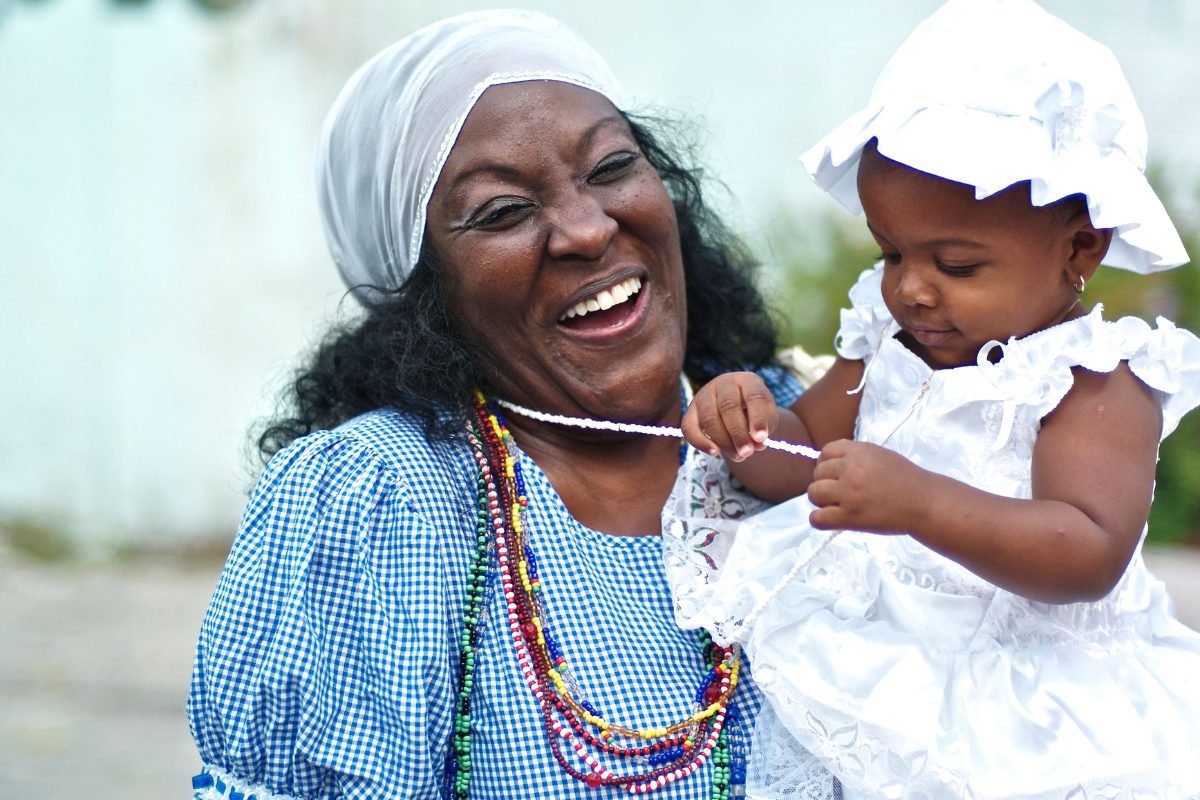This entry is dedicated to Yemaya, the orisha of the ocean and motherhood.
Since 2021, I’ve dedicated every month to a different goddess. As a student/member of the Mt Shasta Goddess Temple, I followed the Temple’s devotional calendar last year and dedicated June to the Black Madonna. I am not interested in Mary as a personal figure of veneration. Still, I approach the Black Madonna through two important Virgins from my homeland: Our Lady of Charity and Our Lady of Regla.
Our Lady of Charity is the patron saint of Cuba, and she is syncretised with Ochún, the orisha of love, beauty, and sexuality. I dedicated the month of May to Ochún. Our Lady of Regla, whose origins lie in Spain, is also significant in Cuba. She is syncretised with Yemaya, to whom I dedicated the month of June.
Who is Yemaya?
Yemaya, whose name roughly means Mother of Fish Children, is the Great Ocean Mother. The Lukumi call her the Mother of the World and Mother Whose Child is the Earth. She is the mother of the orishas and all humanity and the protector of women associated with motherhood, female fertility, pregnancy, children, love, healing, and women’s mysteries. Her primary colour is blue, and her symbols include sea shells, sea stones, fish, fish nets, anchors, and other items associated with the sea.
In Yorubaland, Yemaya was the deity of the Ogun River, a waterway in Nigeria that ran through the heart of the old Oyo Empire. In Lukumi, Ochún owns the rivers and sweet waters and Yemaya is associated more with the ocean, but we often speak of Yemaya and water more broadly. Proverbs tell us that Yemaya is the cradle and the grave; we drink her at birth, we drink her at death, and she refreshes our path when they take us to be buried. Yemaya is the strength of water. She is the amniotic fluid, the gentle tides, the rain that refreshes, and the tsunami. Beautiful, glistening stillness can conceal powerful currents beneath the surface. Yemaya is the power of creation; she empowers, nurtures, and also wrecks and destroys.
Memories of the ocean
I’ve always felt a strong connection to the ocean. I was born on an island and raised in a peninsula close to the sea. My family went to the beach often, and my father, a child of the sea, was a great swimmer and owned a boat for many years.
I didn’t know anything about Yemaya as a child, but I loved the ocean and respected it. I have many happy memories of being on my father’s boat, even the scary ones–of the vastness of the sea, of how black the night could be, of realising when fish suddenly stopped biting, it meant something large and frightening was down there. The sea is familiar and foreign, beautiful and dreadful, and full of mysteries.
Yemaya was the second orisha I connected with (Ogun was the first). I was going through a low period. Despite many good things in my life at the time, I felt sad, lonely, and without purpose and direction. I went to the beach one evening with an offering to her. I sat on the shore, and I told her everything I felt and everything that worried me. She comforted me, and she blessed me.
I find Yemaya is an easy orisha to approach. She has a profound maternal nature and envelopes everything, and she takes all our sorrows and carries the world’s weight on her shoulders.
I won’t know for sure who my orishas are until I fully initiate into Lukumi (if I do so), but strong signs point to Yemaya as my secondary orisha (with Ogun as the ruler of my crown). My Eleguá, for example, is a beautiful piece of coral, not the usual cement head. In divination, I was directed to receive Olókun, the orisha at the bottom of the ocean, a mysterious figure that deserves a dedicated blog entry.
There is more to Yemaya
As with most deities and cosmic forces, much more could be said about Yemaya. Many books and essays explore her origins, vastness, and complexities. Although her essential oceanic and maternal nature is often emphasised, she is also sexual and a warrior. She is associated with destiny, consciousness, divination, wealth, aje, women’s hidden, creative power, and much can be said about her relationship with Ochún.

